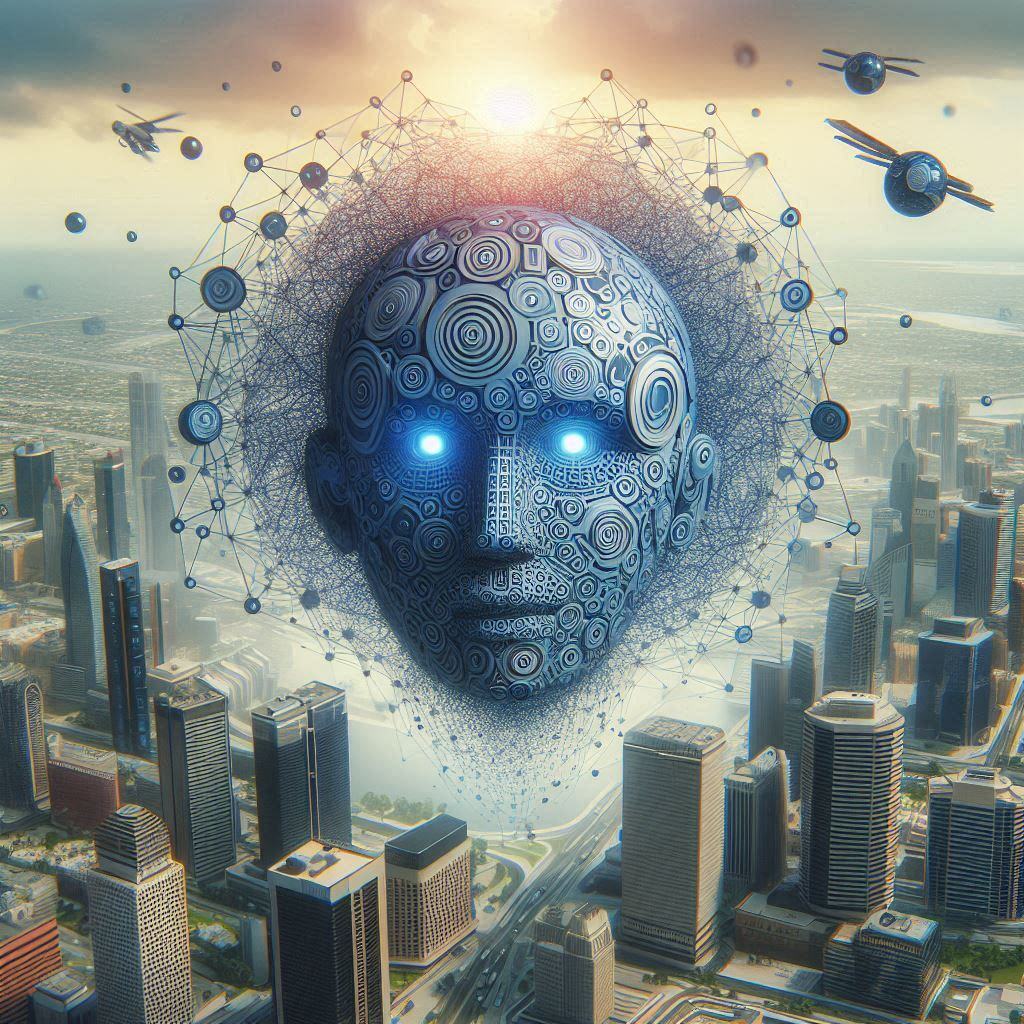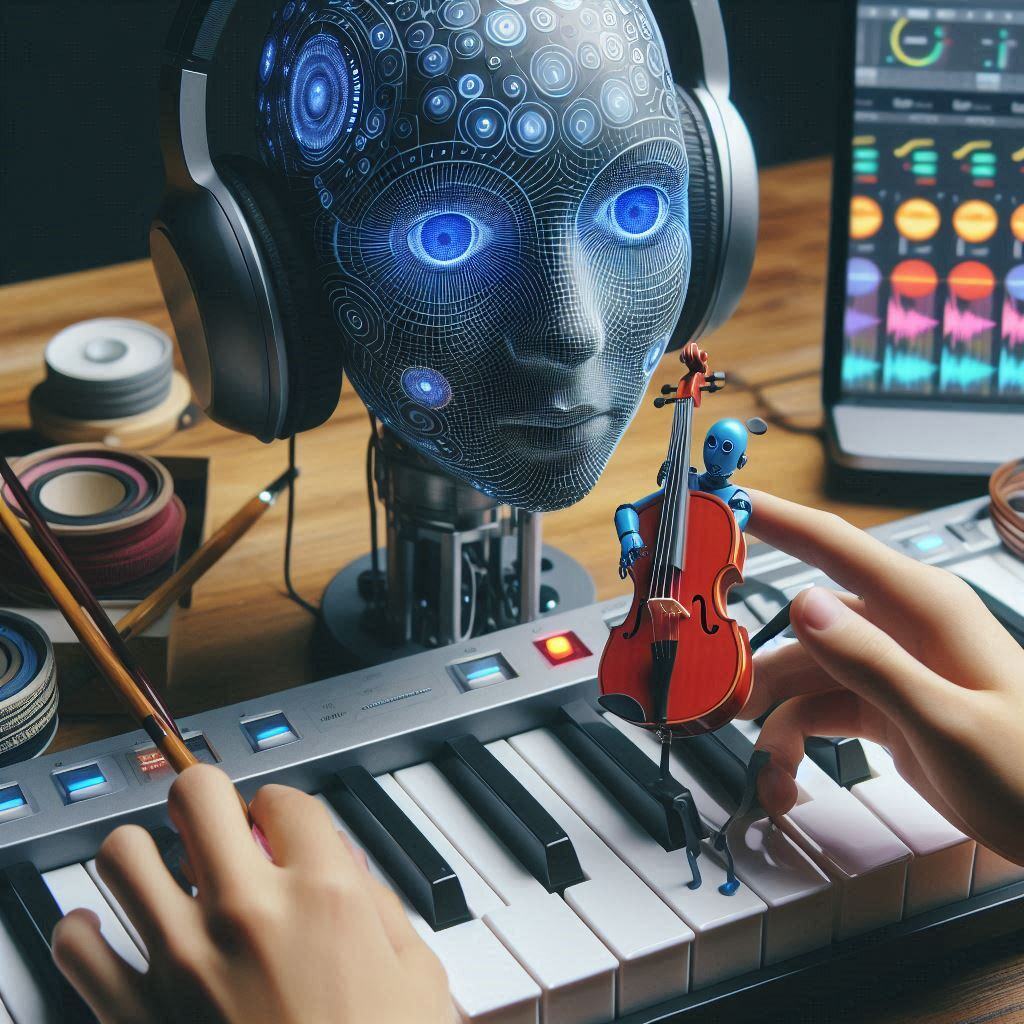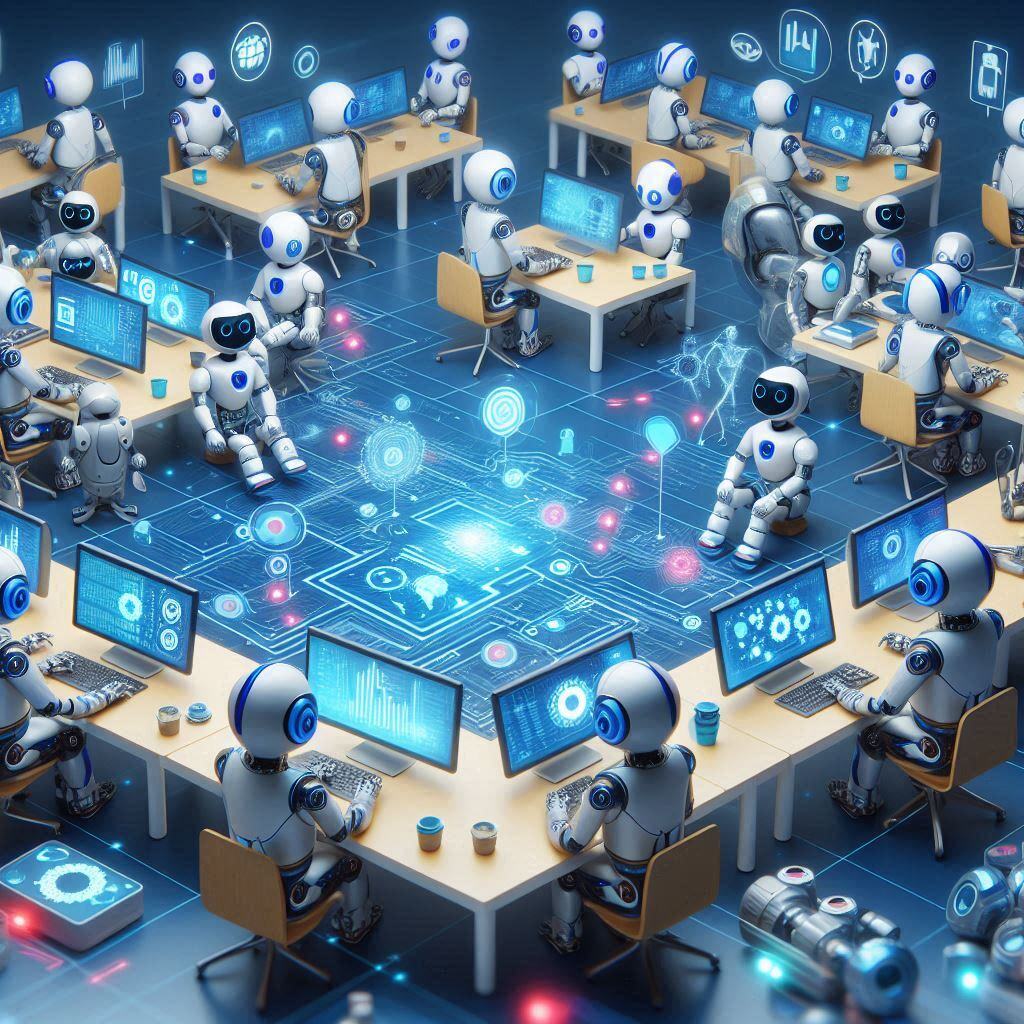Mapping Node: Automate Lists & Scale AI Workflows Easily
AI tools are transforming how businesses and individuals manage information. At Integrail, we are committed to making these tools accessible and...
What is autonomous AI? Learn the definition, examples, future, and impact of self-governing intelligent machines. Discover how it differs from automated AI.
Artificial Intelligence (AI) is rapidly transforming industries and daily life. But what exactly is autonomous AI, and why should it be on your radar? Let's dive into this fascinating frontier of technology that's pushing the boundaries of what machines can achieve.
Autonomous AI represents a significant leap beyond mere automation. It refers to AI systems that can operate independently, making decisions and taking actions without constant human intervention. These systems are not just following pre-programmed instructions; they learn from their environments, adapt to changing circumstances, and even set their own goals.
Think of it this way: an automated system might be a robotic arm on an assembly line, performing the same task repeatedly. An autonomous AI system, on the other hand, could be a robot in a warehouse, navigating around obstacles, finding items, and adjusting its path if something changes.
Key Characteristics of Autonomous AI:
While often used interchangeably, automated AI and autonomous AI are distinct concepts. Automated AI follows pre-programmed rules and requires human input for adjustments. For instance, a chatbot providing customer support may be automated but lacks the ability to adapt its responses beyond its pre-defined knowledge base.
Autonomous AI, however, can learn and adapt, making it more flexible and capable of handling complex, unpredictable scenarios. Think of a self-driving car – it can't rely on pre-programmed rules for every possible traffic situation. It needs to perceive its environment, analyze data in real-time, and make split-second decisions to navigate safely.
Self-Driving Cars: These vehicles are a prime example of autonomous AI. They utilize a combination of sensors, cameras, and complex algorithms to perceive their surroundings, interpret traffic rules, and make decisions like accelerating, braking, and turning. Some self-driving systems even learn from their experiences on the road, continuously improving their driving skills.
Robotics in Manufacturing: Autonomous robots are revolutionizing manufacturing. They can handle tasks like assembly, welding, and quality control with precision and speed, often exceeding human capabilities. These robots can adapt to changes in the production line, optimizing efficiency and reducing errors.
Financial Trading: AI-powered trading algorithms analyze vast amounts of market data in real-time, identifying patterns and trends that human traders might miss. They can execute trades autonomously, potentially reacting faster to market fluctuations and maximizing profits.
Healthcare: Autonomous AI is making waves in healthcare, with applications like surgical robots assisting surgeons with precision and robotic prosthetics that learn to adapt to a patient's movements. AI-powered diagnostic tools can analyze medical images and data, aiding doctors in making more accurate and timely diagnoses.

AI autonomy is not a binary concept; it exists on a spectrum. There are varying levels of independence, ranging from simple assistance to complete autonomy:
Autonomous AI agents are the core components of these systems. They are essentially software programs designed to perceive their environment, reason about it, and take actions to achieve their goals. These agents can be simple or complex, depending on the task at hand. For example, a simple agent might control a robot vacuum cleaner, while a complex agent might manage an entire fleet of autonomous vehicles.
Generative AI and autonomous AI, although both falling under the broad category of artificial intelligence, serve distinct purposes. Generative AI focuses on creating new content by analyzing existing data and generating text, images, or music. For instance, an AI writing assistant can utilize generative AI to produce coherent paragraphs based on a set of keywords provided.
While generative AI may not inherently possess autonomy, it can significantly enhance the capabilities of autonomous AI systems. For example, a self-driving car, operating autonomously, can leverage generative AI to construct detailed maps of its surroundings using sensor data. By incorporating generative AI into autonomous systems, these technologies can collaborate seamlessly to navigate and interact with the environment more effectively.
Autonomous AI holds immense potential to revolutionize industries, improve our daily lives, and solve complex problems. It can streamline processes, increase efficiency, and even unlock new possibilities we never thought possible. However, this exciting technology also presents challenges that must be addressed:
Despite these challenges, the future of autonomous AI is incredibly promising. As research and development continue, we can expect to see even more sophisticated and capable autonomous systems emerging, transforming the way we live and work.

AI tools are transforming how businesses and individuals manage information. At Integrail, we are committed to making these tools accessible and...

As technology reshapes the music industry, AI-powered tools have emerged as indispensable companions for musicians. From songwriting assistance to...

Have you ever wondered about the potential of artificial intelligence (AI) beyond simple chatbots and recommendation engines? Welcome to the world of...
Start your journey with Integrail

Try AI Studio by Integrail FREE and start building AI applications without coding.

NEW White Paper: Discover how AI Studio accelerates your workflows